Dyax Corp. Issued Seventh U.S. Patent in Its Phage Display Patent Portfolio
Dyax Corp. announced that the United States Patent and Trademark office issued U.S. Patent No. 7,208,293, Dyax's seventh U.S. patent covering its proprietary protein display technology. This new patent provides Dyax with additional patent claims that cover methods for selecting binding proteins, such as antibodies, through the use of eukaryotic cell surface display. In addition to its seven U.S. patents, Dyax holds several issued patents for phage display in Canada, Israel, and Japan, with pending applications in other countries.
"This newly issued patent strengthens Dyax's already dominant patent portfolio position in the field of protein display," stated Dr. Ivana Magovcevic-Liebisch, Dyax's General Counsel and Executive Vice President of Administration. "Our broad technology platform continues to provide Dyax and our collaborators with the ability to develop novel compounds through both phage and yeast display."
Most read news
Other news from the department research and development

Get the analytics and lab tech industry in your inbox
By submitting this form you agree that LUMITOS AG will send you the newsletter(s) selected above by email. Your data will not be passed on to third parties. Your data will be stored and processed in accordance with our data protection regulations. LUMITOS may contact you by email for the purpose of advertising or market and opinion surveys. You can revoke your consent at any time without giving reasons to LUMITOS AG, Ernst-Augustin-Str. 2, 12489 Berlin, Germany or by e-mail at revoke@lumitos.com with effect for the future. In addition, each email contains a link to unsubscribe from the corresponding newsletter.
Most read news
More news from our other portals
See the theme worlds for related content
Topic world Antibodies
Antibodies are specialized molecules of our immune system that can specifically recognize and neutralize pathogens or foreign substances. Antibody research in biotech and pharma has recognized this natural defense potential and is working intensively to make it therapeutically useful. From monoclonal antibodies used against cancer or autoimmune diseases to antibody-drug conjugates that specifically transport drugs to disease cells - the possibilities are enormous

Topic world Antibodies
Antibodies are specialized molecules of our immune system that can specifically recognize and neutralize pathogens or foreign substances. Antibody research in biotech and pharma has recognized this natural defense potential and is working intensively to make it therapeutically useful. From monoclonal antibodies used against cancer or autoimmune diseases to antibody-drug conjugates that specifically transport drugs to disease cells - the possibilities are enormous
Last viewed contents

Catching the wrongdoers in the act - Chemists develop a novel tool to decipher bacterial infections in real time
New insights into nanocrystal growth in liquid
ASTM International Declarable Substances Committee Approves First Test Method
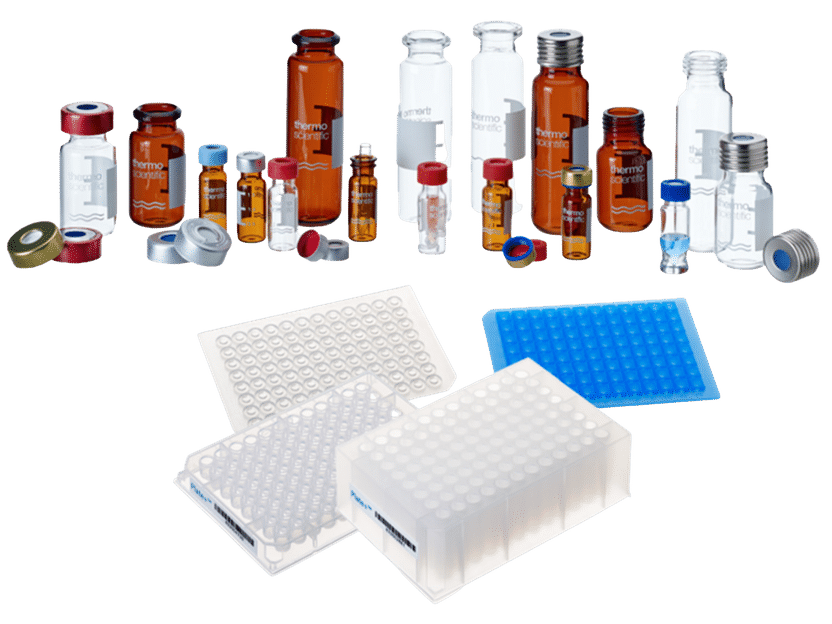
SureSTART Vials and Well Plates | Consumables | Thermo Fisher Scientific
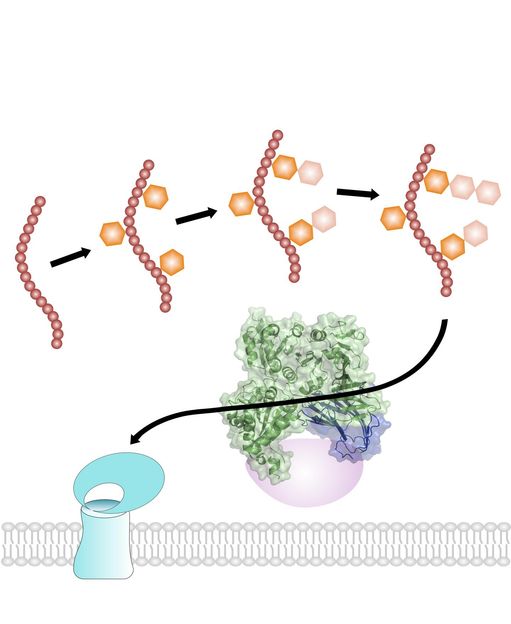
How pathogenic bacteria prepare a sticky adhesion protein
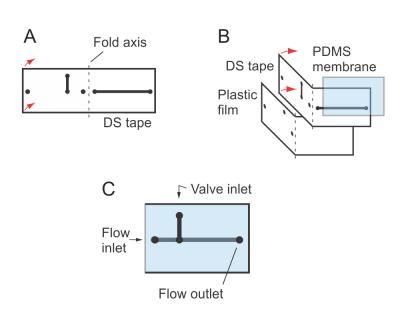
Simple microfluidic devices now have valves
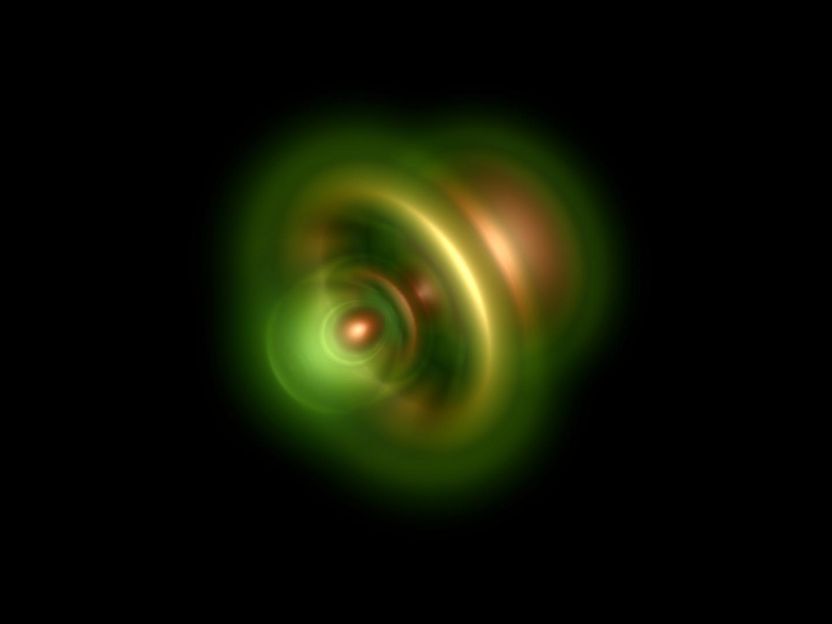
Entering the field of zeptosecond measurement
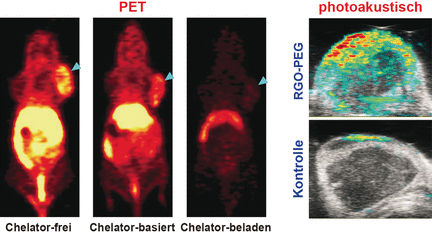
Direct radiolabeling of nanomaterials

Keep safe and cool in the pool - Novel chip sensor quickly and continuously does all the work of a chemistry laboratory
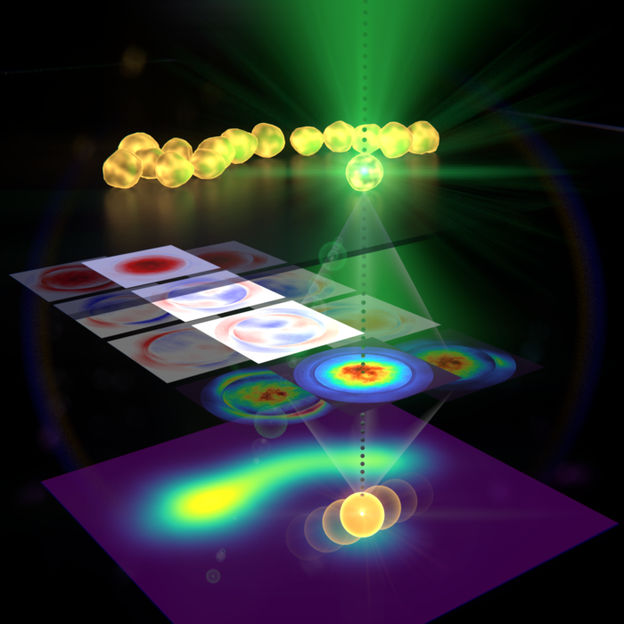
Researchers demonstrate label-free super-resolution microscopy - Imaging method measures particle size and position with nanometer precision
























































